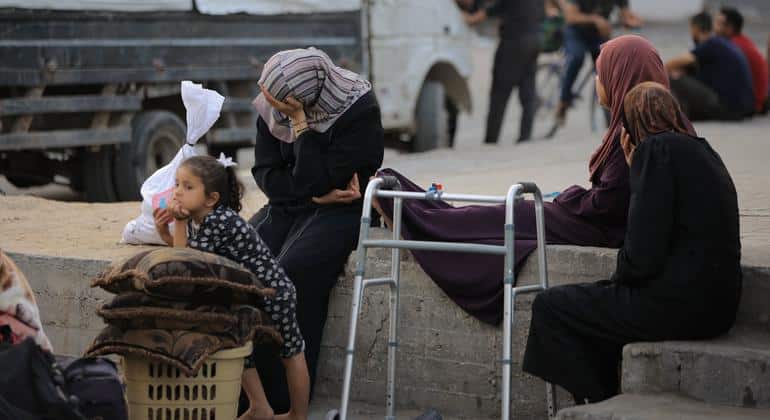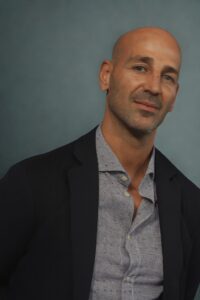The polio vaccination campaign in northern Gaza has been given the green light and will begin tomorrow, as announced by the World Health Organization (WHO) and UNICEF. This will be the third phase of the initiative, which had been previously postponed due to the lack of guarantees of humanitarian pauses, in addition to the intense bombings and mass evacuation orders that have been occurring in the region.
International agencies have pointed out that, despite the resumption of vaccinations, the area where these humanitarian pauses can be carried out has been significantly reduced compared to the first round carried out in September. This time, the campaign will be limited only to the city of Gaza, which presents an additional challenge. It is estimated that at least 100,000 people have been forced to take refuge in the city for security reasons, but around 15,000 children under ten years old from other communities in the north will not have the opportunity to be vaccinated, putting the effectiveness of the program at risk.
To interrupt the transmission of the virus, it is necessary to vaccinate at least 90% of all children. However, the current circumstances pose serious difficulties in achieving this goal.
In a broader context, tensions in the region not only limit public health efforts. Recently, Philippe Lazzarini, head of the United Nations Relief and Works Agency for Palestine Refugees (UNRWA), denounced the destruction of an agency office in the Nur Shams camp in northern West Bank, which served more than 14,000 refugees. Lazzarini emphasized that such facilities must be protected at all times, even in times of conflict, as they are crucial to ensuring access to basic services such as education and health.
Meanwhile, the World Meteorological Organization (WMO) has warned of the growing risk of extreme weather phenomena, such as the rains and floods that have recently devastated Spain and left over 150 victims. Additionally, UNESCO has released a report revealing that 251 million children and youth are still out of school worldwide, despite advances in the field. The agency has called on the international community to mobilize more funding for education, especially in low-income countries.
This broad panorama of humanitarian, health, and education crises highlights the urgent need to address the challenges facing these vulnerable regions, where violence, conflict, and climate change create a cycle of structural difficulties that threaten the well-being of the youngest and most vulnerable populations.
Source: MiMub in Spanish












